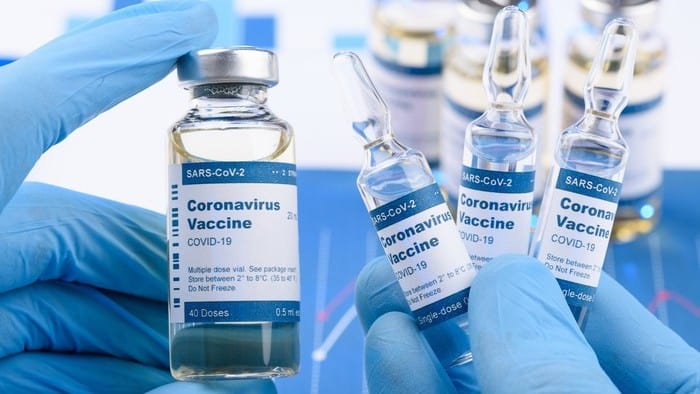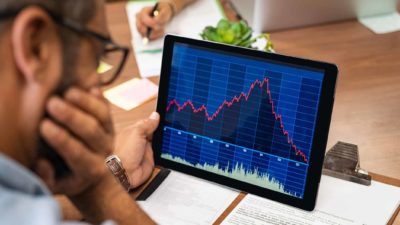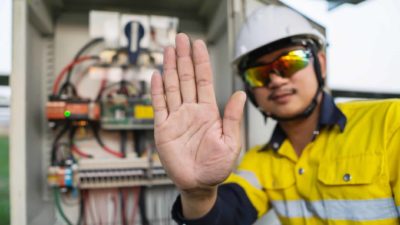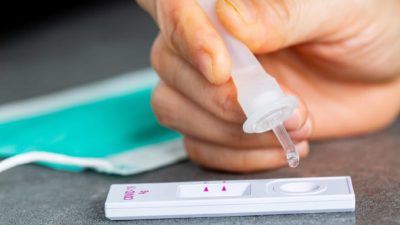Australia is continuing to face delays of its COVID-19 vaccine rollout and it's likely to cost the country billions.
Australia's vaccine rollout was already delayed before the AstraZeneca vaccine was found to put those under 50 at risk of deadly blood clots.
A report by the McKell Institute has found the original delays in our vaccine rollout could result in 15 days of lockdown – each costing the economy more than $123 million.
Now, the golden egg in our basket has broken, what could the economic impact be?
How delayed is Australia's vaccine rollout so far?
Originally, 4 million Australians were to be vaccinated by the end of March. Instead, just 1.65 million Australians have been vaccinated.
The McKell Institute's report, Counting the Cost of Australia's Delayed Vaccine Rollout, found to avoid more lockdowns at least 65% of Australians must be vaccinated.
If the rollout continues at its current speed that could take approximately 518 days, or just under 1.5 years.
For Australia to be fully vaccinated by October, the vaccination rollout would have to be up to 15 times faster.
What could delays cost Australia's economy?
The report found, so far, 13.7% of days have seen an Australian capital city in a COVID-19-induced lockdown.
When most front-line healthcare and quarantine workers receive vaccines, the percentage of likely days in lockdown decreases to approximately 9.5%.
The report also tallied the costs of various lockdowns around Australia. It found a conservative figure would be roughly $123 million per day.
If Australia's vaccine rollout continues at its current speed, Australian capitals could see another 49 days of lockdown. This could potentially cost the economy more than $6 billion.
Even if Australia increased its vaccination rollout to 15 times its current speed tomorrow, we would likely see an extra 11.1 days of lockdowns – costing upwards of $1.36 billion.









